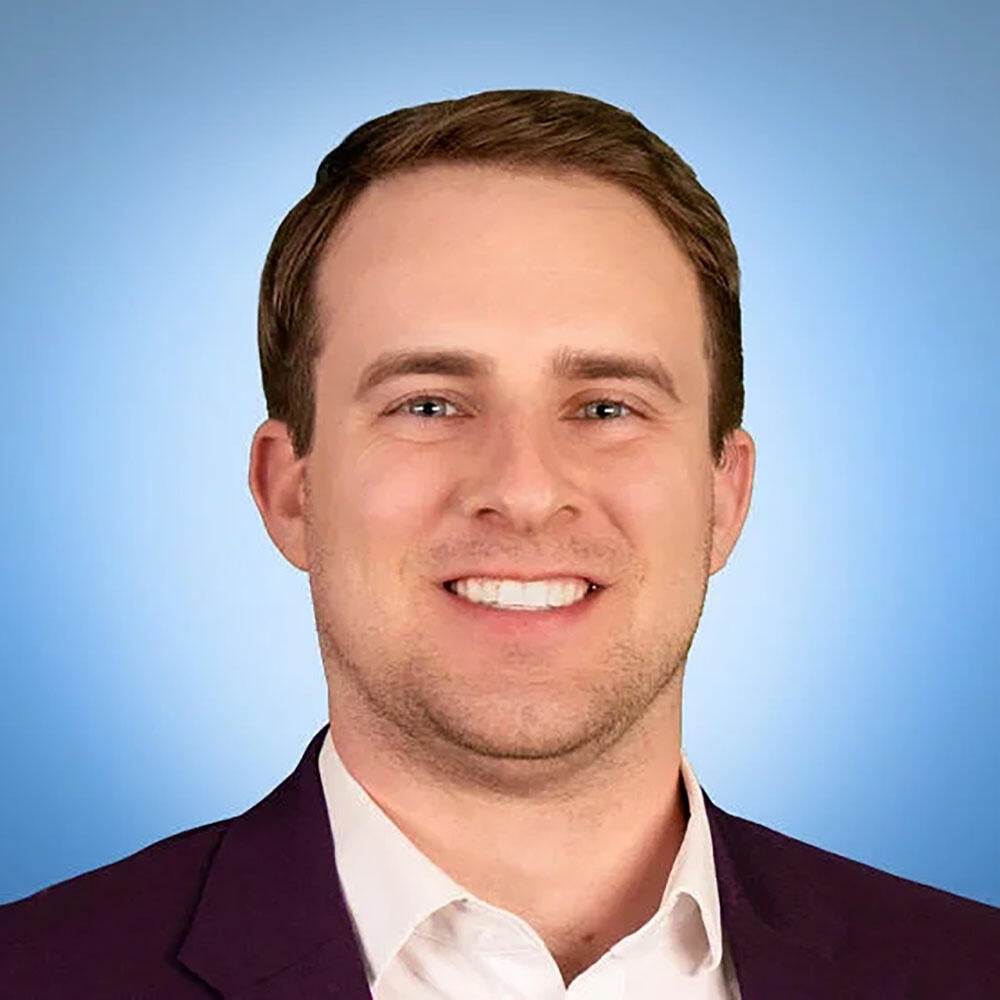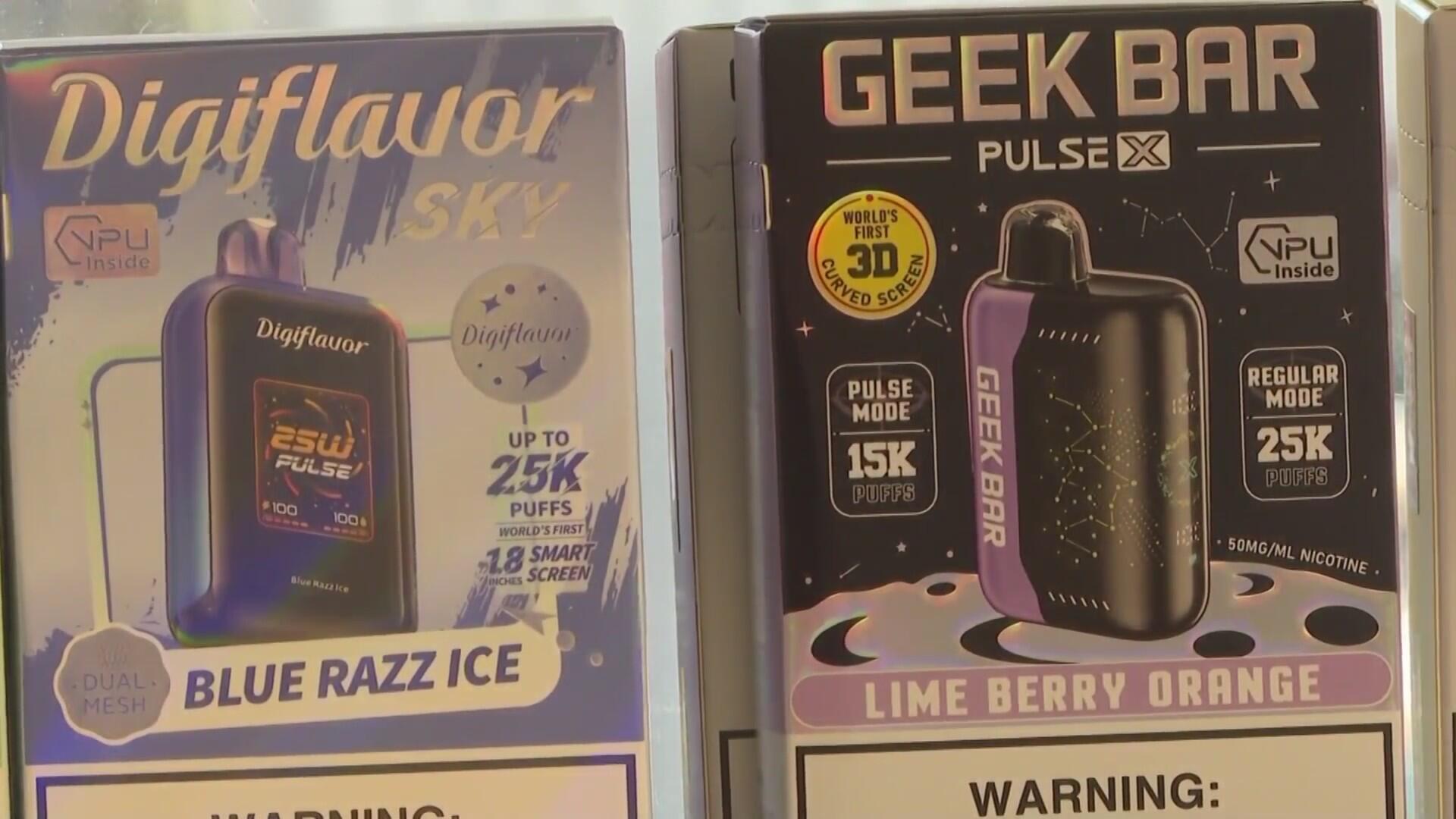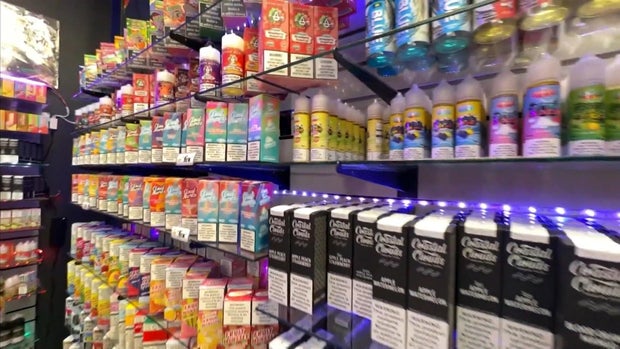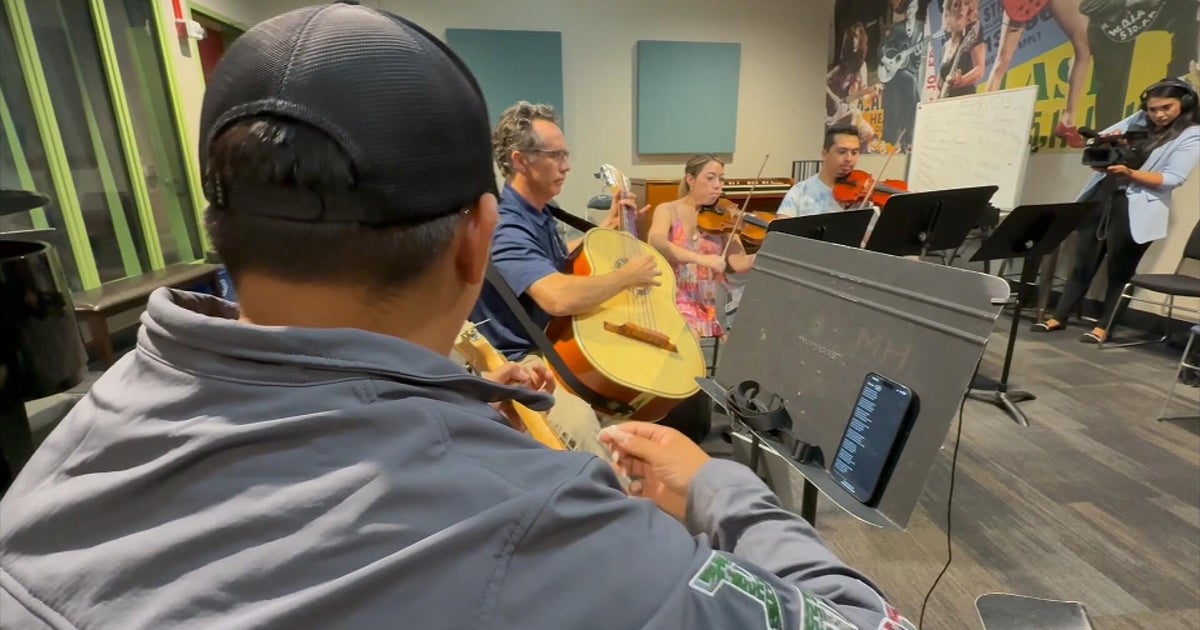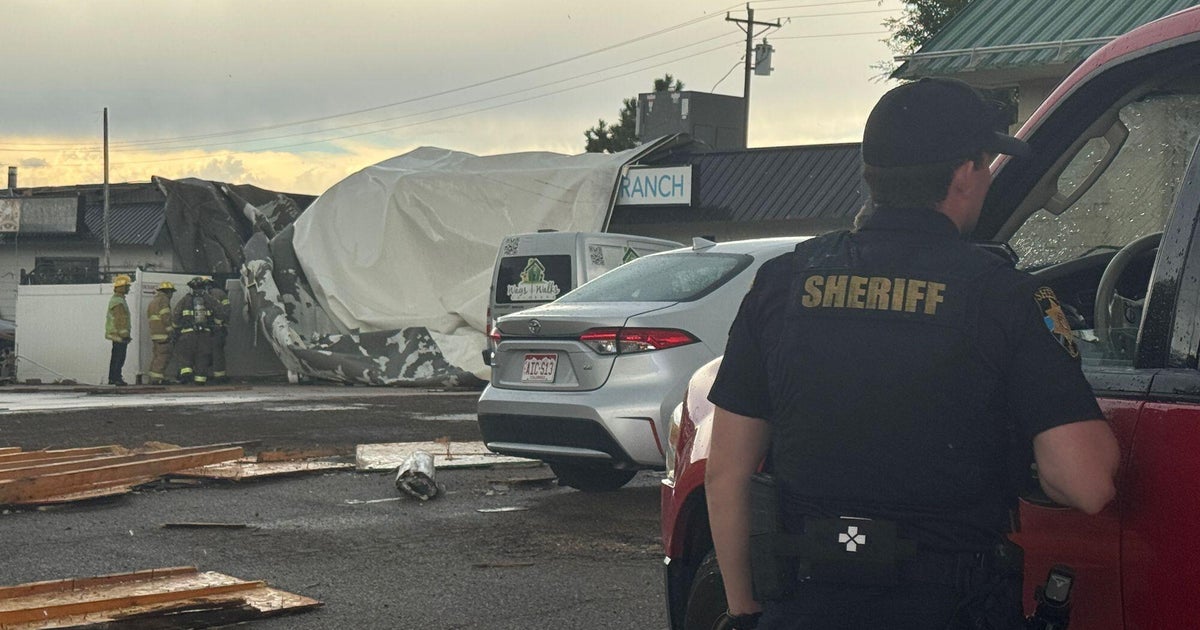Public health department in one Colorado county offering nicotine recovery services for young adults
Colorado teacher Kyle Wimmer works at at high school in the Adams County school district and sees just how prevalent vapes and nicotine products are within the student body.
"It's difficult to reach them in terms of telling them 'Don't do this,'" he said.
His extracurricular group at Mountain Ranch High -- called "The Phoenix Club" -- is for students that are hoping to quit nicotine or any other addictive behaviors they may have through a culture of nonjudgment and collective support. Throughout his work in the district and across the country, Wimmer's approach has led to results.
"I've had over 700 vapes turned in to me over the last 3 years," he proudly explained.
Along with his students, he's established Four Twenty Fours. It's meant to be a day of sobriety -- even just abstaining for 24 hours -- for those dealing with addiction of any kind.
But the fight is never done. A 2023 study in Jefferson County showed that over 9% of high school aged students admitted to using vapes or nicotine products with over half trying to quit. The addition of new flavors, cartridges and designs on the vape market has made it harder than ever for kids to not be enticed to try.
"These vapes that are supposed to made for those 21 and older," said Wimmer. "There's no way they are targeting adults with this, with these flavors and these colors."
Jefferson County Public Health, noticing the trend within their high school aged community, has decided to take a more novel approach. Earlier in June, they set up a service aimed at individuals aged 12-21 (those up to age 25 who started using under 21 are also eligible) to try to help support the journey of quitting.
The program offers free or low-cost Nicotine Replacement Therapy including patches, gums or lozenges. But where the health department goes a step further is by offering private one-on-one counseling support. The program was made possible by a grant that helps fund it for the first year of operation, allowing cost to not be a barrier of entry for young adults that want to quit.
"If they started nicotine use under the age of 21," said Eleanor Pullan, who works for the county health department. "If they don't have health insurance it could be a barrier for that age group."
A challenge for many young students is knowing where to start and how to quit, according to Pullan. This program, which they expect to see more young adults utilize as the school year draws closer, aims to create a long term solution for everyone.
"A lot of times people want to quit cold turkey," she said. "But you can double your chances if you pair it with medication and behavioral support."
As Kyle hopes that the program, unique in that it targets young adults and students specifically, can be a model to emulate to help youths before it becomes too late.
"I'm grateful to know there's more people are out there like the Jeffco program starting up," he said. "I think it's going to be vital."
